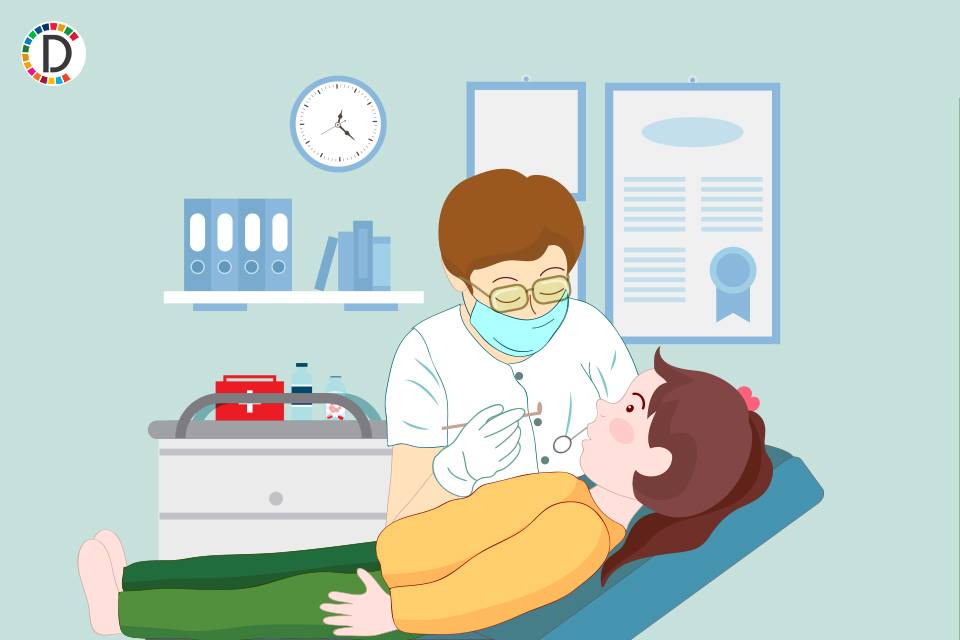Decoding BRCA2: Groundbreaking Insights Shed Light on Cancer Gene Mutations
Scientists have analyzed thousands of mutations in the BRCA2 cancer gene, offering crucial insights. This research could help mitigate patient concerns or guide tailored treatments. By utilizing CRISPR technology, 91% of variants were classified, aiding in cancer risk assessment and potential application of targeted therapies.

In a significant breakthrough, scientists have deciphered the roles of numerous mutations within the BRCA2 cancer gene, as revealed in a study published this Wednesday. This development may reassure patients worried about cancer risks or help doctors refine treatment strategies.
The BRCA2 gene, crucial for DNA repair, is linked to heightened risks of breast, ovarian, prostate, and pancreatic cancers. While 45% of women with harmful BRCA2 mutations may develop breast cancer by age 70, many mutations remain unclassified, leaving uncertainty about their potential harm.
Utilizing the CRISPR gene-editing tool, researchers examined about 7,000 variants, classifying 91% as pathogenic or benign. This may aid in tailored therapy decisions, such as using PARP inhibitors in affected patients, while providing critical insights for genetic testing updates.
(With inputs from agencies.)










